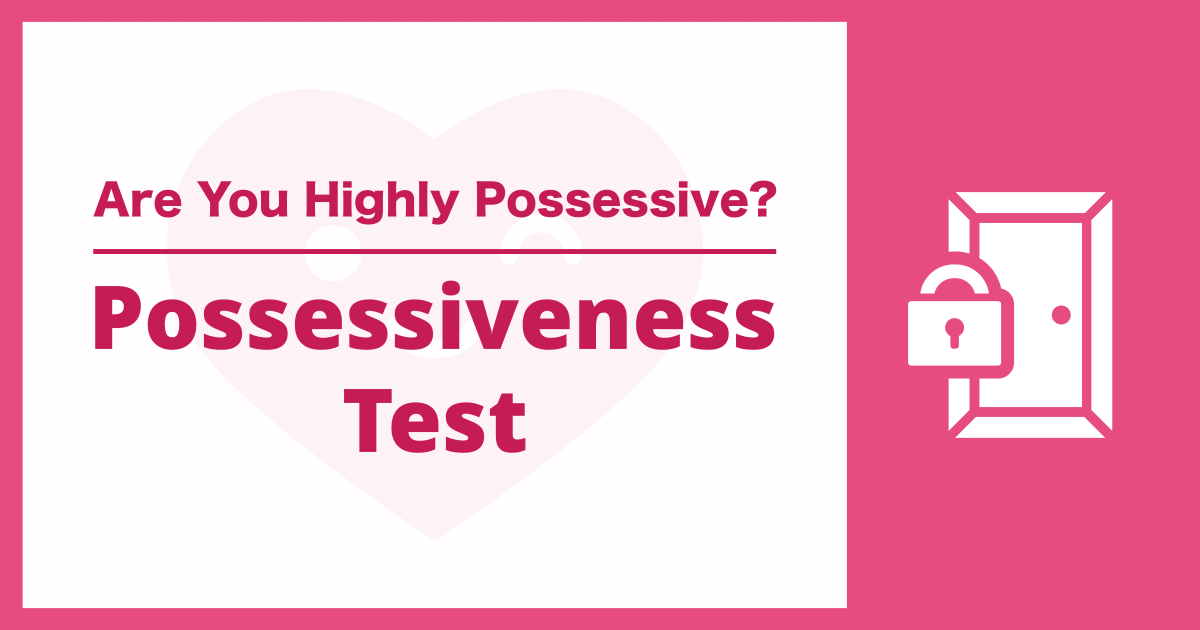
Have you ever felt, 'I don’t want to share my loved one with anyone' or 'I want them to focus only on me'? Possessiveness is a strong desire to keep someone or something to yourself. However, when it becomes excessive, it can complicate relationships and even cause personal distress. This test checks the intensity of your possessiveness and offers insights on maintaining a healthy balance.
Possessiveness refers to a strong desire or wish to have someone exclusively for oneself. This desire manifests in various areas, such as relationships, workplaces, and academics.
When moderate, possessiveness can help strengthen relationships and build trust. However, excessive possessiveness can cause stress and anxiety, leading to lower self-esteem and conflicts in relationships.
It is important to deepen self-understanding and maintain a balance in your possessiveness. Managing possessiveness in a healthy way can help you lead a more fulfilling life.
Additionally, avoiding comparisons with others and setting goals based on your own values can help sustain healthy possessiveness. By enhancing self-acceptance and self-esteem, you can appropriately fulfill your need for possessiveness and build balanced relationships.
Possessiveness has a significant impact on personal growth and relationships.
Moderate possessiveness helps strengthen bonds and build trust, but excessive possessiveness can increase stress and anxiety, potentially harming mental health.
Dependence on others' evaluations can make self-assessment unstable and create friction in relationships.
People with strong possessiveness tendencies often compare themselves to others, hindering personal growth. Issues like poor time management, reduced efficiency, and burnout are also common effects of possessiveness.
Maintaining balance and practicing healthy self-evaluation are essential. By enhancing self-awareness and learning stress management techniques, you can mitigate the negative impacts of possessiveness.
Possessiveness has both advantages and disadvantages depending on its level.
One advantage is that strong possessiveness can lead to increased care and affection for a partner, helping to deepen the relationship.
Additionally, the desire to prioritize the partner's happiness often leads to supportive behavior, fostering trust and stability in the relationship.
On the other hand, excessive possessiveness can cause stress and anxiety, leading to friction in the relationship.
Over-monitoring a partner's actions or restricting interactions with others can hinder freedom and erode trust. Excessive possessiveness may also result in sacrificing personal time and activities, hindering personal growth.
Furthermore, it can lead to comparisons with others and decreased self-esteem. Maintaining healthy possessiveness requires finding the right balance and enhancing self-awareness. This allows you to harness the positive aspects of possessiveness while minimizing its negative effects.